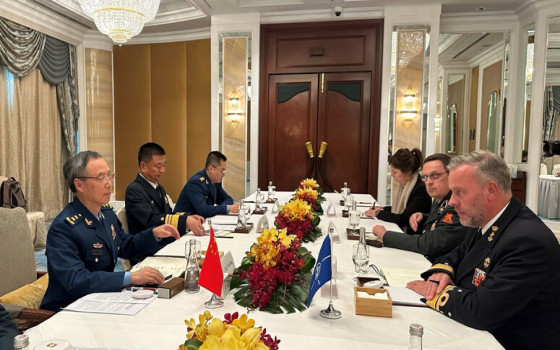
NATO: Fears of unrestricted use of new technologies on the battlefield... Every new technological advance increases the ability to destroy.

- Europe and Arabs
- Monday , 3 June 2024 13:11 PM GMT
Brussels: Europe and the Arabs
From 30 May to 2 June 2024, Admiral Rob Power, Chairman of the NATO Military Committee, participated in the Shangri-La Dialogue in Singapore. While attending the dialogue, Admiral Power met with senior political and military officials from China, New Zealand, Singapore, South Korea, Switzerland and the United States. Admiral Power spoke at a panel discussion on artificial intelligence, cyber defense and future warfare. He delivered a keynote address at the Indo-Pacific Forum.
According to a statement issued by NATO headquarters in Brussels, in a panel discussion on artificial intelligence, cyber defense and future warfare, Admiral Power expressed his concerns about the unrestricted use of new technologies on the battlefield. “Throughout military history, each new technological advance has increased our ability to destroy. On a larger scale. With greater speed. And with greater precision. But as technology increases our ability to destroy, our ability to organize is rapidly diminishing. The question is: where can we go? How far can the division go? If the tectonic plates of power are shifting, and the world is divided into several parallel systems with different sets of rules... can they coexist? Admiral Power stressed that after two world wars, a global belief had emerged that great power conflict should never be fought again on the battlefield and that weapons systems needed to be regulated and controlled. “I truly hope that we do not need to relearn this lesson again,” Admiral Power stressed. That we do not combine high-tech weapons with medieval lawlessness and impunity. Because there is nothing “modern” about it.”
On the sidelines of the Shangri-La Dialogue, Admiral Power met with Lieutenant General Jing Jianfeng, Vice Chairman of the Joint Chiefs of Staff of the Central Military Commission. The President expressed NATO's concern about the Chinese government's position regarding Russia's brutal war of aggression against Ukraine. The President also stressed the importance of freedom of navigation and the impacts of regional security challenges on the global stage. Admiral Power stressed the importance of continued military dialogue and transparency: “Military dialogue is critical to preventing misunderstandings, misjudgments and misconceptions.” The military dialogue between NATO and China has been regular since 2010, with a brief suspension due to the Covid-19 pandemic.
Furthermore, Admiral Power met with New Zealand Defense Minister Judith Collins and Acting Chief of the Air Defense Staff, Vice Marshal Tony Davies. Together, they discussed the role of partnerships in strengthening the response to shared security challenges, as well as upcoming decisions on NATO's long-term support for Ukraine during the Washington summit.
Discussions with the Vice Chairman of the Joint Chiefs of Staff of the Republic of Korea Armed Forces focused on maintaining security around the global commons; Sea lanes, transportation routes, communications systems, energy supplies, as well as emerging security challenges that require a collective response.
Admiral Rob Power also met with Singapore's Permanent Secretary for Defence, Mr Chan Heng Kee. They discussed the importance of freedom of navigation and international cooperation in confronting global security challenges.
During his meeting with Swiss Chief of Defense Staff Lieutenant General Thomas Sussli, Admiral Bauer discussed Switzerland's continued participation in NATO training and exercises.
Finally, Admiral Power delivered a keynote speech at the Indo-Pacific Forum, alongside Japanese Defense Minister Minoru Kihara. The President spoke of the importance of partnerships in an increasingly divided world. NATO and Japan have been partners for decades, and they intensified their partnership after Russia's large-scale invasion of Ukraine. Admiral Power emphasized NATO's commitment to deepening practical cooperation with partners in the Indo-Pacific region in many operational areas, including cyber defense, countering disinformation and emerging technologies.


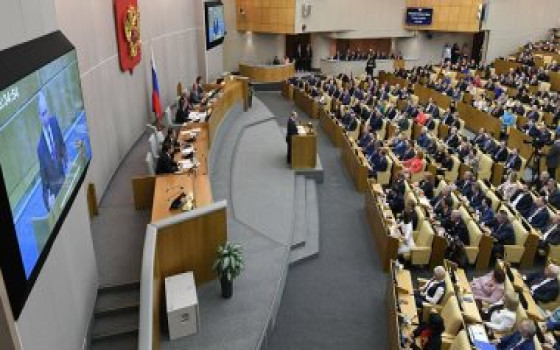
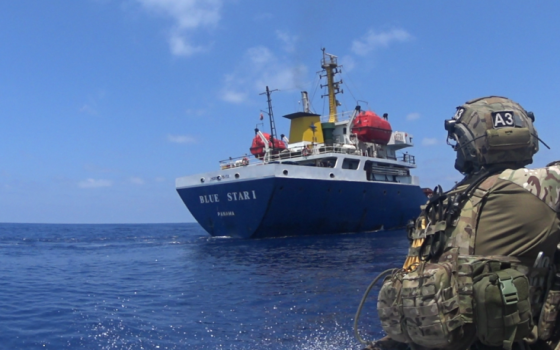
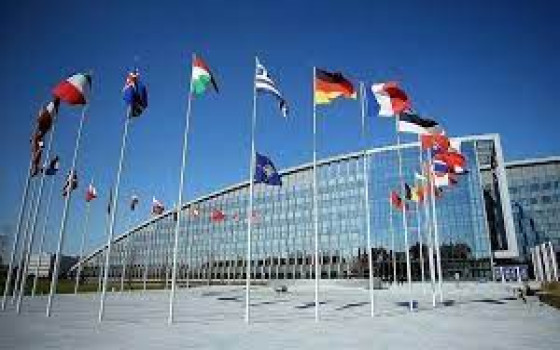
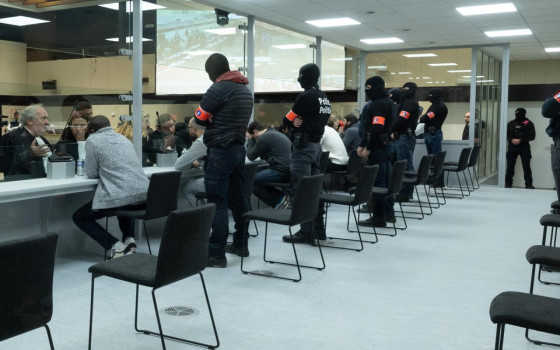
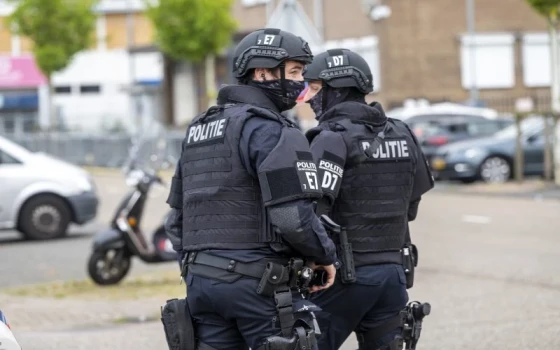
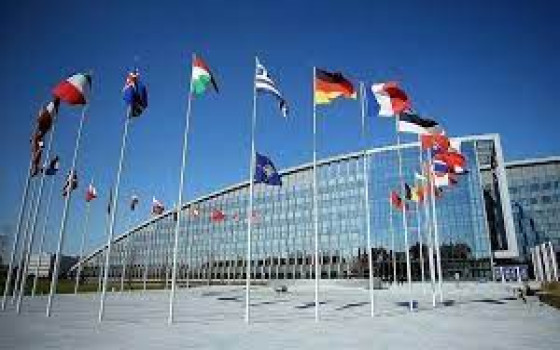
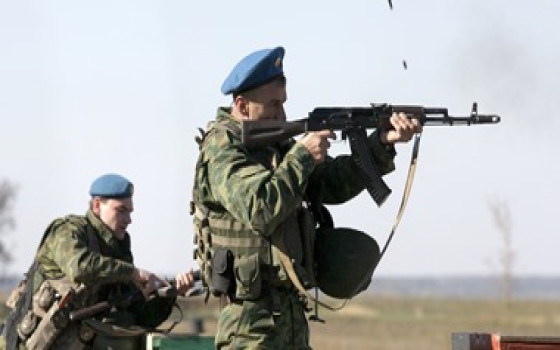
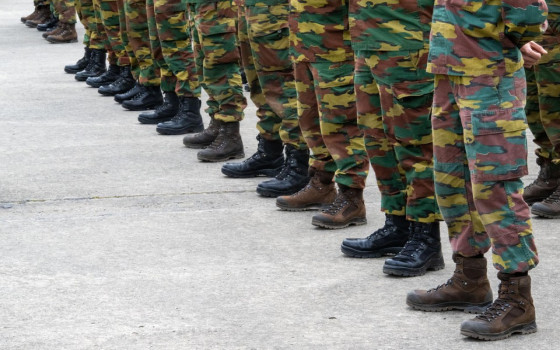

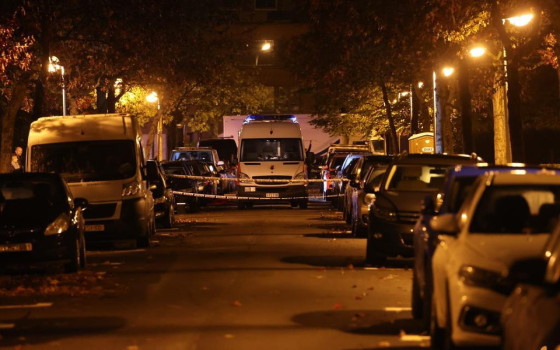
No Comments Found